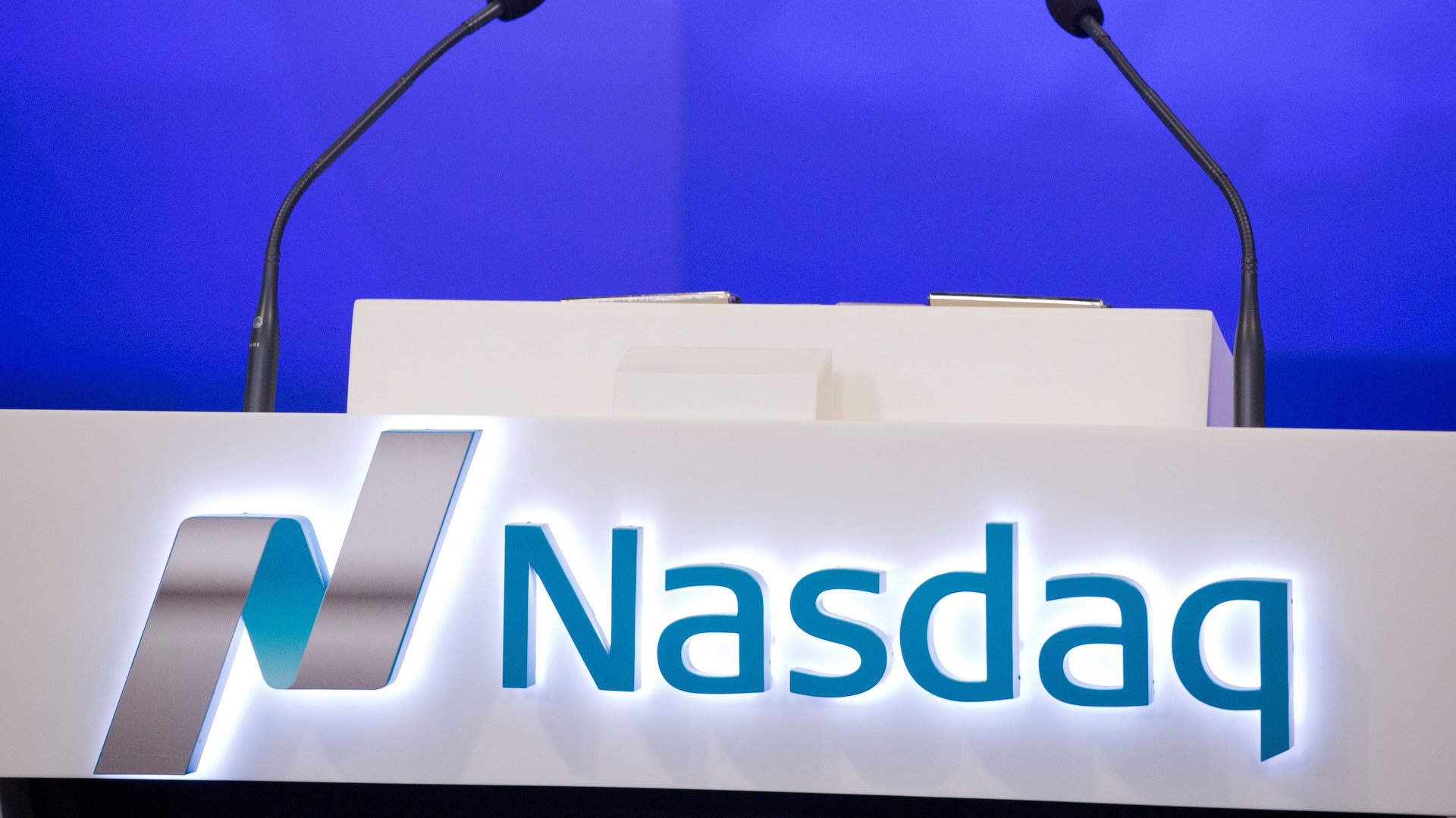Nasdaq says (puff, puff) pass to marijuana social network
What a buzz kill.


What a buzz kill.
This week, MassRoots, a high-flying social network for cannabis users based in Denver, Colorado, learned that Nasdaq had rejected its application to list on the exchange.
The news is not entirely surprising. MassRoots, which currently has 900,000 registered users, hadn’t met Nasdaq’s thresholds for shareholder equity and share price, though the company had filed documents, including one for a reverse stock split, to fulfill these requirements, says CEO Isaac Dietrich.
The company’s S-1 also highlighted a number of red flags, including weak internal controls, a short operating history, the admittance that it won’t turn “a profit in the near future, if at all,” and, of course, the fact marijuana is still illegal under US federal law.
According to Dietrich, Nasdaq’s vice president of listing qualifications, William Slattery, told him of the rejection in a May 23 phone call, noting the exchange took issue with MassRoots possibly ”aiding and abetting illegal activities,” a risk laid out in its S-1. Dietrich, who expects to receive a written decision soon, contends he was told of the decision by phone because the exchange wanted ”to get me to withdraw the application because they didn’t want to deny it.” A Nasdaq spokesman said it “cannot comment on a specific listing application case.”
Dietrich believes Nasdaq would have approved the listing if his company operated a social network for alcohol or tobacco users. “We’re a technology platform, no different from Facebook or Twitter,” he adds. “We’re not involved in the production of cannabis. We’re not involved in the sale of cannabis. All we do is provide a tech platform for users.”
When MassRoots filed a revised S-1 in April, Dietrich recognized the high probability of its rejection. “Even if the Nasdaq denies us, that’d be a fantastic headline,” he told Quartz then. “Any press is good press, right?”
MassRoots plans to appeal the decision. “If Nasdaq’s board denies us, we’ll have the opportunity to appeal to the Securities and Exchange Commission,” says Dietrich, who notes his company went through the SEC’s process when it was listed as a penny stock in 2015. “It’s going to be a fascinating couple months.”